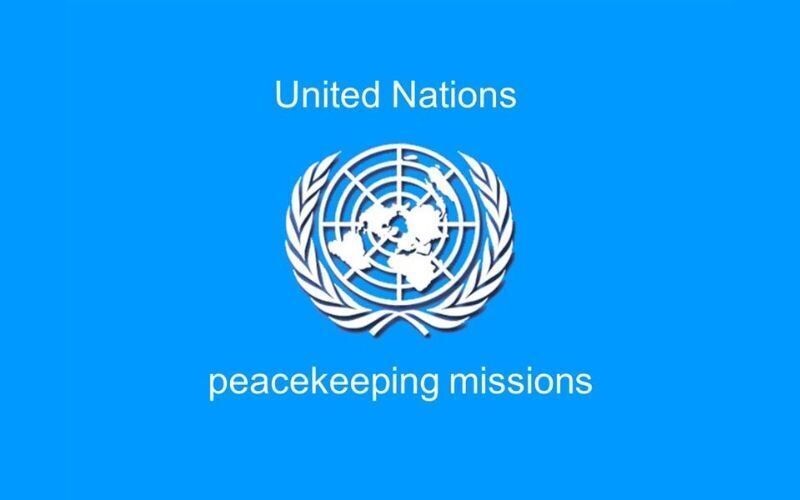The United Nations (UN) has made significant accomplishments in promoting peace since its establishment in 1945. Here are some key achievements of the UN in relation to peace:
- International Peace and Security: The UN plays a central role in maintaining international peace and security. It has successfully mediated and facilitated peace negotiations in numerous conflicts, including the resolution of border disputes, ceasefire agreements, and peacekeeping operations.
- Peacekeeping Operations: The UN conducts peacekeeping operations worldwide, deploying troops and personnel to areas affected by conflicts to help maintain peace, protect civilians, and facilitate the political processes for sustainable peace. UN peacekeepers have been involved in over 70 operations since 1948.
- Disarmament and Non-Proliferation: The UN promotes disarmament and works towards preventing the proliferation of weapons of mass destruction. It has played a significant role in the negotiation and implementation of arms control agreements, such as the Treaty on the Non-Proliferation of Nuclear Weapons (NPT).
- Human Rights: The UN's Universal Declaration of Human Rights, adopted in 1948, serves as a cornerstone for the protection and promotion of human rights worldwide. The UN Human Rights Council, Special Rapporteurs, and treaty bodies monitor and address human rights violations, contributing to peace and justice.
- Conflict Prevention and Resolution: The UN actively engages in conflict prevention efforts by facilitating dialogue, mediation, and negotiation to resolve disputes before they escalate into full-scale conflicts. It supports diplomatic initiatives and provides a platform for dialogue among nations.
- Sustainable Development Goals (SDGs): The UN's 2030 Agenda for Sustainable Development, with its 17 SDGs, recognizes the interdependence between peace, development, and sustainability. The goals address various aspects of peace, including poverty eradication, access to education and healthcare, gender equality, and environmental sustainability.
- Peace building and Post-Conflict Reconstruction: The UN's peace building initiatives focus on helping countries transition from conflict to peace by promoting good governance, supporting institutions, fostering reconciliation, and facilitating economic recovery and development.
- International Law and Justice: The UN plays a crucial role in developing and upholding international law, including the International Court of Justice (ICJ) and the International Criminal Court (ICC). These institutions contribute to accountability, justice, and the prevention of impunity for war crimes, genocide, and other grave violations.
- Humanitarian Assistance: The UN coordinates and delivers humanitarian aid to regions affected by conflicts, natural disasters, and other crises. UN agencies, such as the United Nations High Commissioner for Refugees (UNHCR) and the World Food Program (WFP), provide vital assistance to displaced populations, refugees, and vulnerable communities.
- Dialogue and Diplomacy: The UN provides a platform for nations to engage in dialogue, negotiation, and diplomatic efforts to resolve conflicts, bridge differences, and promote peaceful relations. The General Assembly and Security Council serve as arenas for multilateral diplomacy.
While challenges persist, the UN's efforts in peace building, conflict prevention, peacekeeping, human rights, and sustainable development have contributed to preventing conflicts, resolving disputes, and promoting peace and security worldwide.

